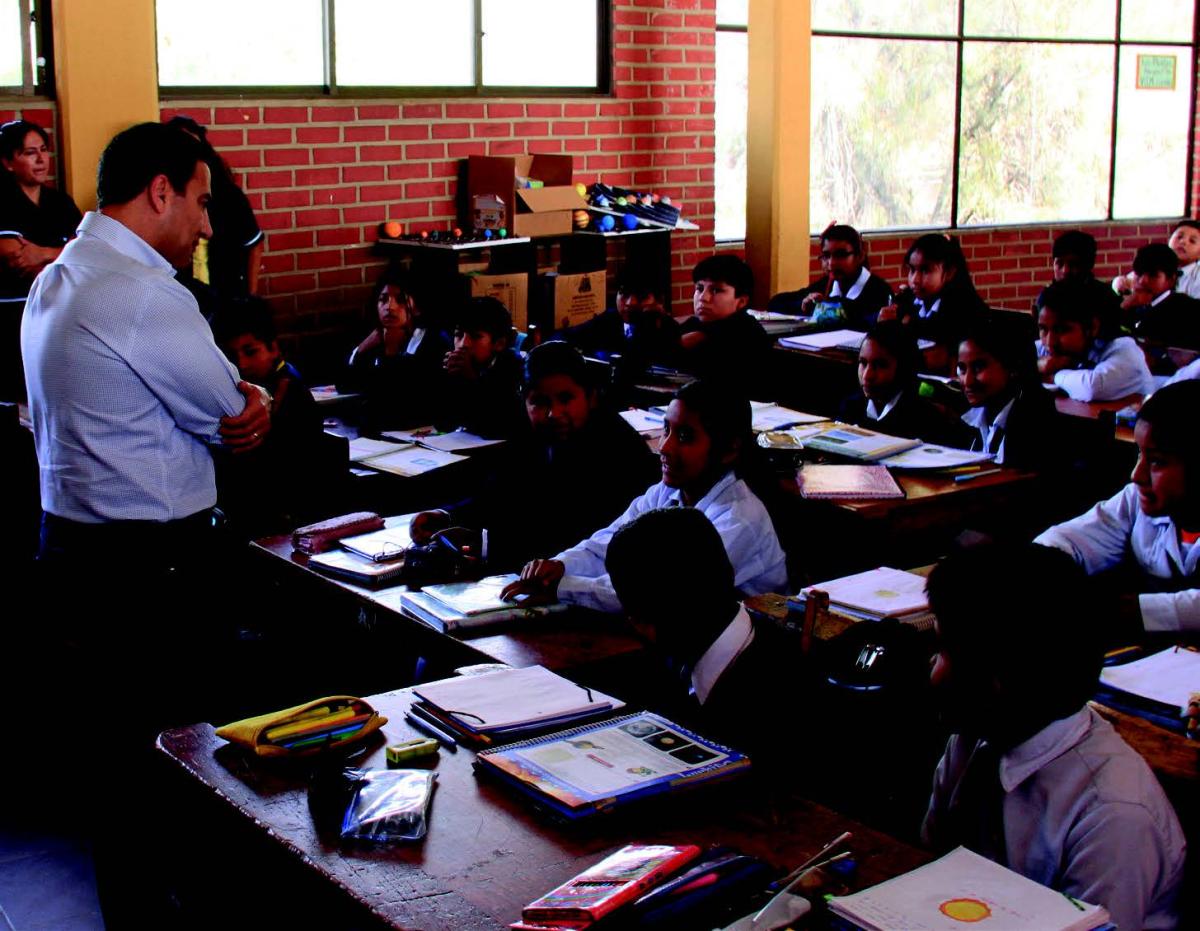Playing Our Part -- Tetra Pak Supports School Feeding in Bolivia

Our years of school feeding experience is helping to improve nutrition and, in turn, the educational outcomes, for school children in Bolivia.
The Challenge:
The World Food Programme reports that around 39% of the population lives below the poverty line, with levels of undernourishment the highest in South America (15.9%). For children under five, malnutrition stands at 18% and many children over five go to school on an empty stomach and struggle to concentrate simply because they are hungry.
Recognising that safe, quality food is key to learning and development, the government introduced official legislation in 2014 and the country's school feeding programme is now in established in 339 municipalities.
The Initiative:
Following the positive experiences of existing school feeding programmes in the North, Central and South Americas region, we took our expertise to Bolivia in 2016 where our customers started to supply fortified nectar in Tetra Brik® Aseptic 200ml packages to 47,000 primary school children in 83 schools.
The Value:
We worked together with the local food processing industry to improve the existing programme by advising on nutrition for improved health and access to safe food across more regions of Bolivia, as well as providing practical support to implement and evaluate the school feeding programme.
We are also working with municipalities by recommending best practices to track programme impact, comparing the results with schools not involved in the programme. This includes acceptability studies to understand what products and packaging are accepted by children.
Our years of school feeding experience is helping to improve nutrition and, in turn, the educational outcomes, for school children in Bolivia.
The Challenge:
The World Food Programme reports that around 39% of the population lives below the poverty line, with levels of undernourishment the highest in South America (15.9%). For children under five, malnutrition stands at 18% and many children over five go to school on an empty stomach and struggle to concentrate simply because they are hungry.
Recognising that safe, quality food is key to learning and development, the government introduced official legislation in 2014 and the country's school feeding programme is now in established in 339 municipalities.
The Initiative:
Following the positive experiences of existing school feeding programmes in the North, Central and South Americas region, we took our expertise to Bolivia in 2016 where our customers started to supply fortified nectar in Tetra Brik® Aseptic 200ml packages to 47,000 primary school children in 83 schools.
The Value:
We worked together with the local food processing industry to improve the existing programme by advising on nutrition for improved health and access to safe food across more regions of Bolivia, as well as providing practical support to implement and evaluate the school feeding programme.
We are also working with municipalities by recommending best practices to track programme impact, comparing the results with schools not involved in the programme. This includes acceptability studies to understand what products and packaging are accepted by children.
Read more on Sustainability @Tetra Pak

